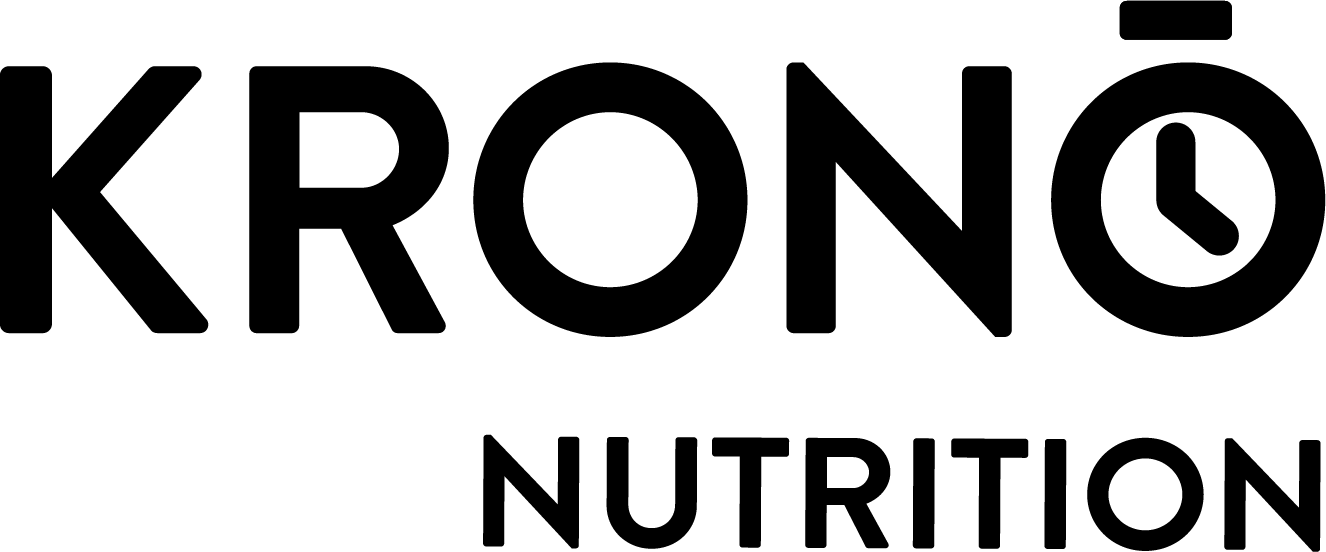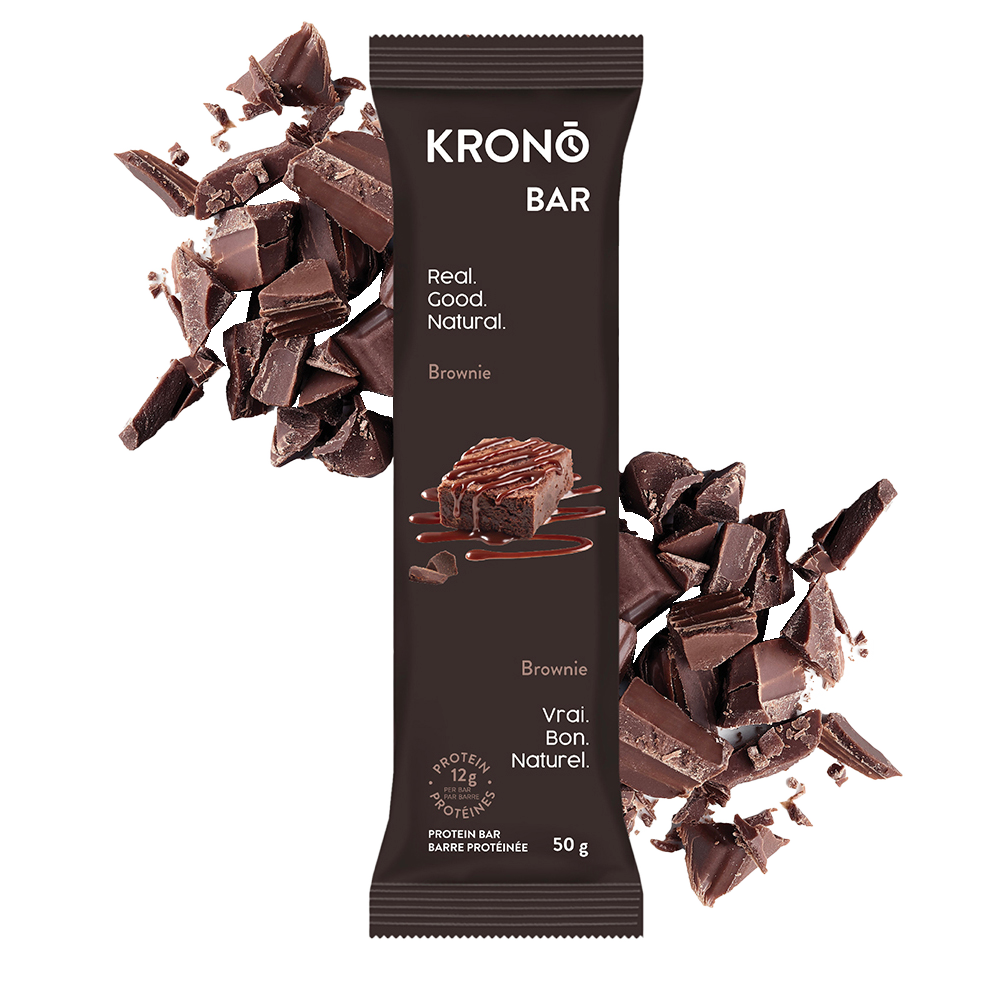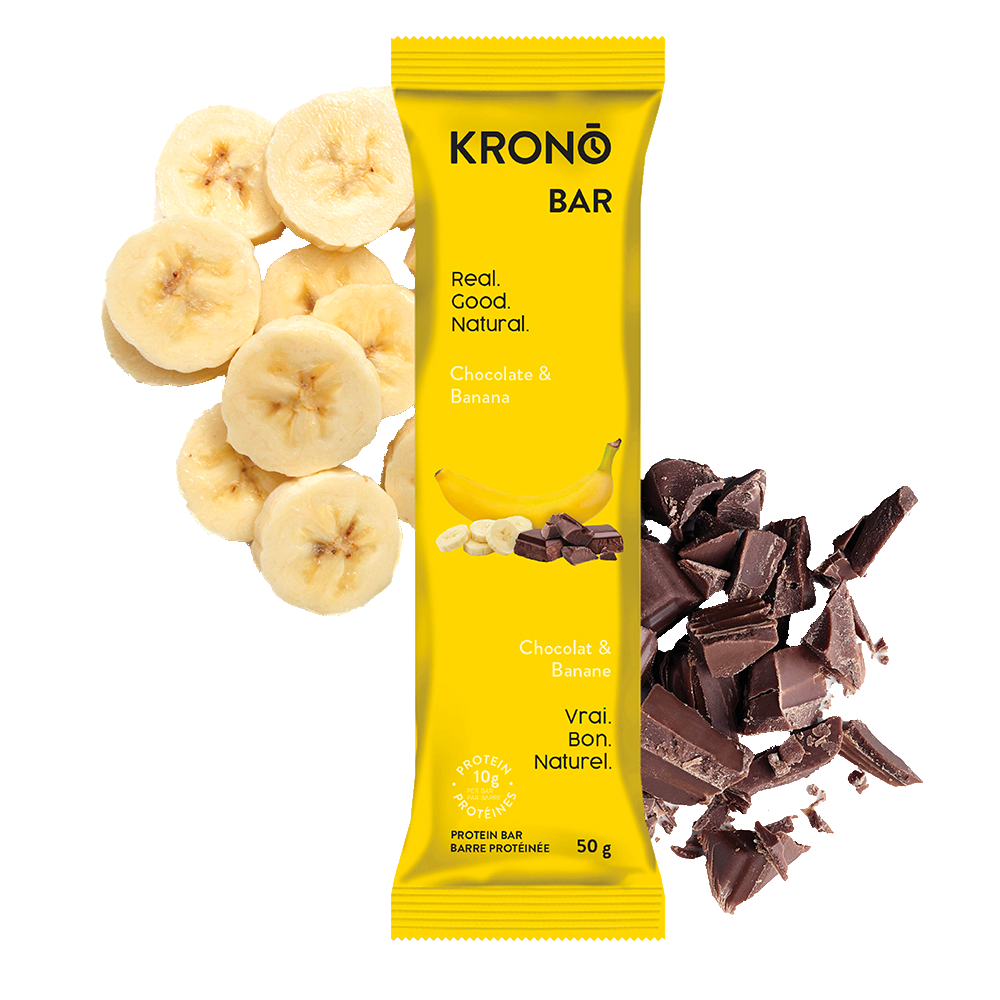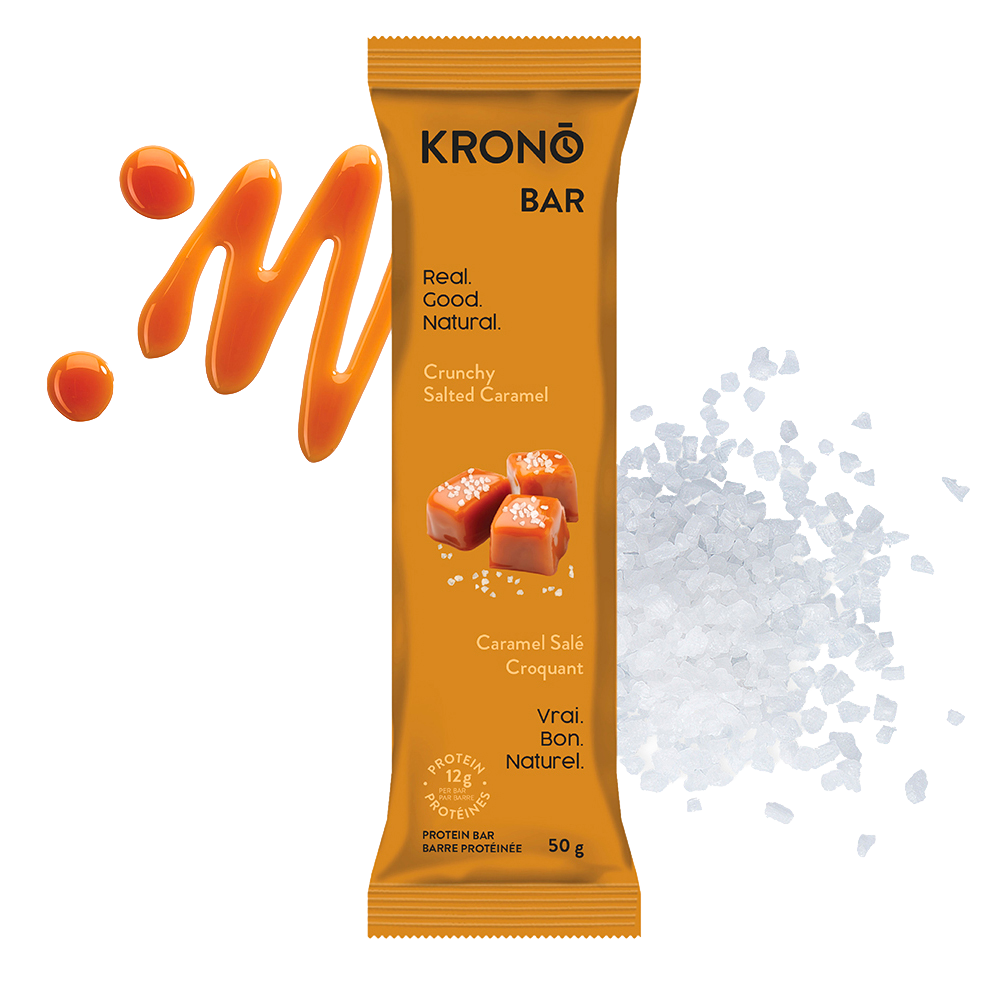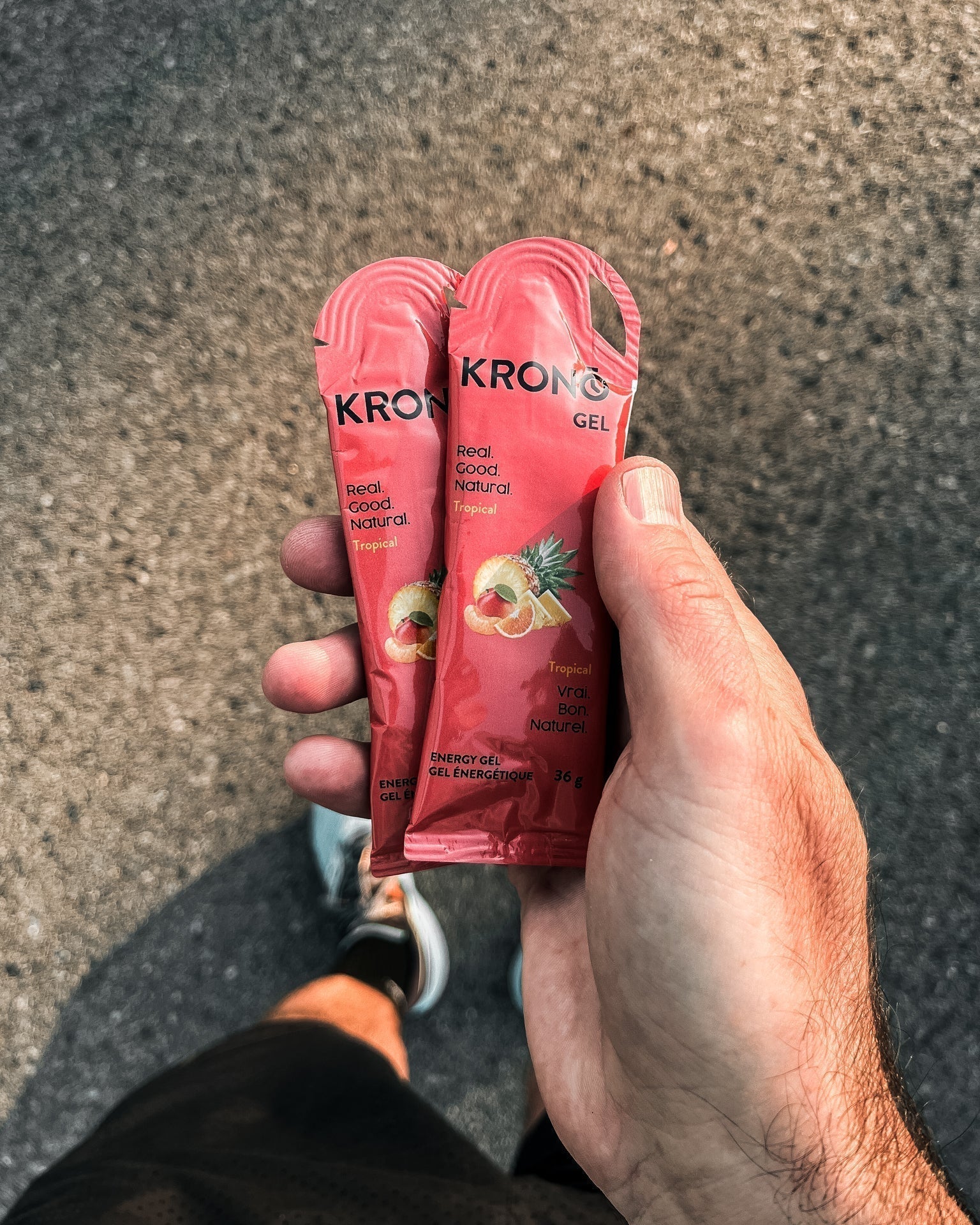
The (Many) Benefits of Plant-Based Proteins
Rice, sunflower seed, and pea proteins—plant-based proteins are not only pleasant-tasting, but they also directly support muscle repair and post-workout recovery. Discover why incorporating them into your diet offers multiple benefits for both your health and the environment.
An Ethical and Environmental Choice
Using plant-based proteins reflects a commitment to animal welfare and environmental responsibility in the development of sports nutrition. Unlike animal-based proteins, the production of plant proteins generates fewer greenhouse gas emissions, uses less water, and preserves natural resources. By choosing plant-based proteins, we help reduce the ecological impact while offering high-performance alternatives for athletes.

Health Benefits
Plant-based proteins are naturally lower in cholesterol, rich in fibre, and easier to digest for many people. They fit seamlessly into a balanced diet, promoting muscle recovery and performance—without the downsides often associated with animal proteins, such as inflammation or heavy digestion.

Pea + Rice: An Ideal Combination for a Complete Protein
One challenge of plant-based proteins is that they don’t always provide all essential amino acids in optimal amounts. Imagine amino acids as little “Lego blocks.” When properly assembled, they form a complete protein.
On its own, pea protein is rich in the amino acid lysine but lower in methionine. Rice protein, on the other hand, is higher in methionine but lower in lysine. Together, they form a complete, balanced protein—equivalent to animal-based proteins, with better absorption for both muscle support and recovery.
With this approach, Krono Nutrition is committed to offering products that combine performance, well-being, and responsibility. Because it is possible to combine athletic performance with respect for the planet—without compromising on quality!
When Should You Consume Krono Protein Bars?
During Exercise:
Although this bar was primarily designed for post-workout recovery or as a snack between training sessions, it can also be consumed during exercise—especially during low-intensity workouts. With 24 to 28 grams of carbohydrates and a moderate amount of protein, it provides an energy source well suited to your needs during activity.
After Exercise:
To help rebuild muscle fibres damaged during physical effort. For example, you could bring a Krono protein bar in your gym bag and eat it after your swim or strength training session.
Between Meals:
As a snack, it offers a source of carbohydrates and protein that will help keep you fuller for longer. It also helps you meet your daily protein goals—especially important if you're aiming to build or maintain muscle mass.
Shop our Protein Bars
Brownie Protein Bars – Box of 12
Chocolate & Banana Protein Bars – Box of 12
Latest Stories
Good Carbohydrates: Essential for Endurance Events
